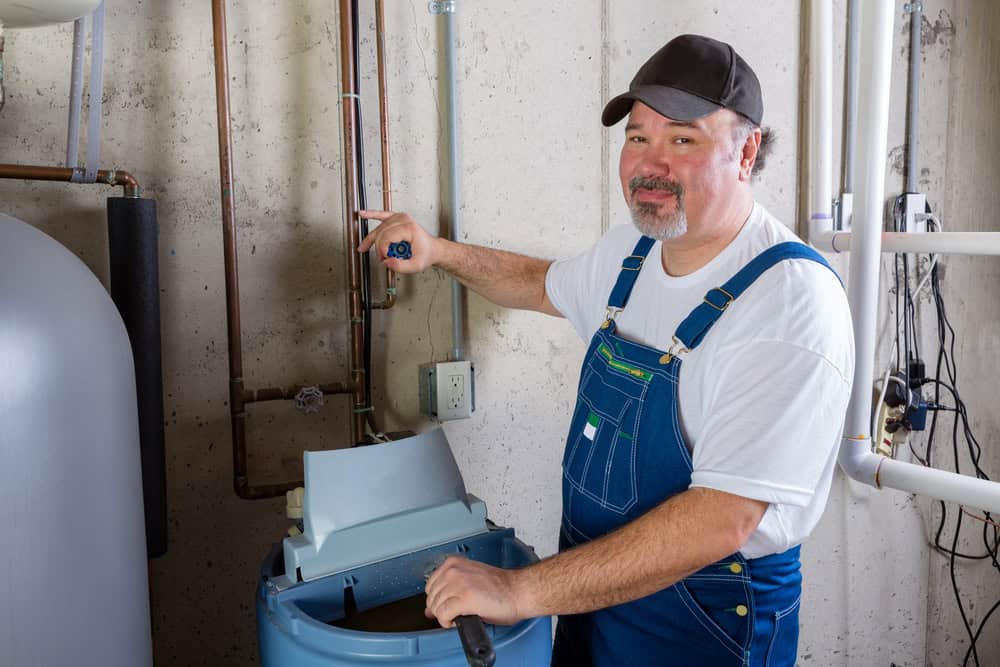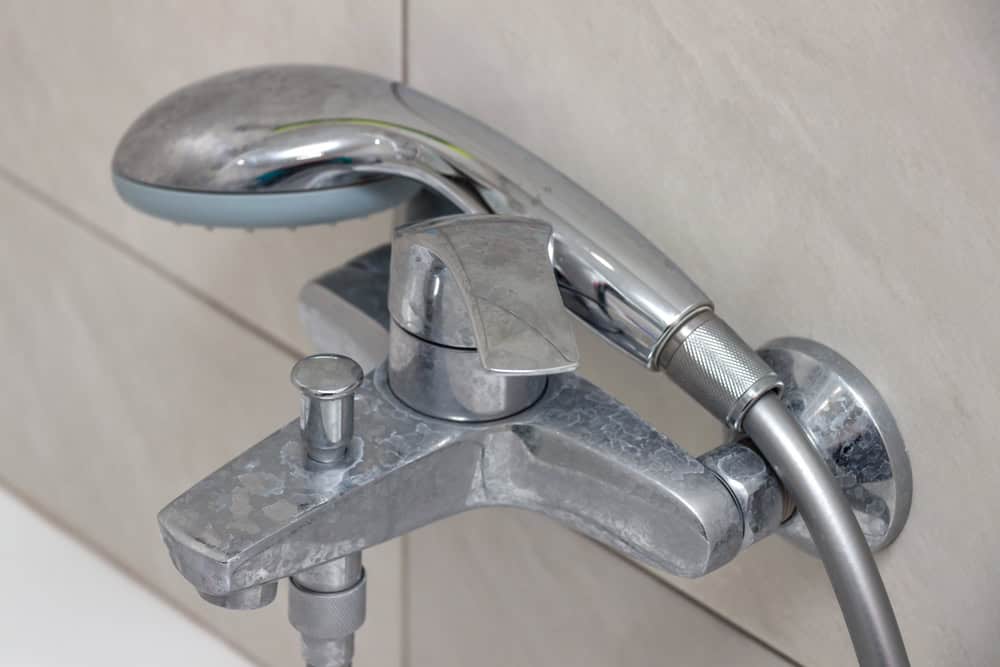Hard water is a common issue many households face, and its effects can be far-reaching. The minerals found in hard water, primarily calcium and magnesium, build up over time, leading to various problems.
This article explores how hard water impacts plumbing systems, appliances, and the overall comfort of your home.
Understanding Hard Water
Hard water contains high levels of dissolved minerals, particularly calcium and magnesium. The hardness of water is measured in grains per gallon (gpg) or parts per million (ppm).
Water with more than 7 gpg is generally considered hard. The presence of these minerals can lead to scale buildup, which can be particularly troublesome for your plumbing and appliances.
How Hard Water Affects Plumbing Systems
Scale Buildup in Pipes
One of the most noticeable effects of hard water is the formation of scale inside pipes. Over time, as water flows through the plumbing system, minerals precipitate out and accumulate on the interior surfaces of the pipes.
This buildup can restrict water flow and reduce the efficiency of your plumbing. Small pipes can become clogged, leading to increased pressure and potential leaks.
Increased Maintenance Costs
The presence of hard water can lead to increased maintenance expenses. Homeowners may find themselves frequently cleaning or replacing faucets, showerheads, and valves that become clogged with mineral deposits.
Regular plumbing maintenance becomes a necessity, which can strain both time and finances.
Reduced Lifespan of Plumbing Fixtures
Hard water can take a toll on fixtures. Over time, mineral deposits can lead to corrosion, causing these fixtures to wear out faster than they would in soft water.
Showerheads, faucets, and even the water heater can develop problems, necessitating early replacements. This issue can significantly increase repair and replacement costs.
The Impact on Appliances
Water Heaters
Water heaters are particularly vulnerable to the effects of hard water. Scale buildup can form on the heating elements and inside the tank, leading to reduced efficiency.
This means your heater has to work harder to heat water, which can lead to higher energy bills. In severe cases, the sediment can cause the water heater to fail altogether.
Dishwashers and Washing Machines
Both dishwashers and washing machines can suffer from hard water. The minerals can leave behind residue on dishes and clothing, resulting in unsightly spots and potentially reducing the lifespan of the appliances.
In washing machines, hard water can lead to soap scum buildup, which can affect cleaning efficiency and even lead to mechanical issues.
Ice Makers and Water Dispensing Units
For those with refrigerators that have ice makers and water dispensers, hard water can cause a range of issues. Scale can build up in the lines, leading to diminished water flow and even blockages.
This can affect the quality of the ice and the water dispensed, making it less appealing for daily use.
Signs of Hard Water in Your Home
White Residue on Surfaces
One telltale sign of hard water is the white, chalky residue left on faucets, showerheads, and tiles. This buildup of calcium and magnesium can be unsightly and difficult to clean.
Regular scrubbing may be necessary to keep surfaces looking their best.
Dry Skin and Hair
Individuals who routinely wash with hard water may notice their skin feels dry and their hair lacks softness. The minerals in hard water can strip away natural oils, leading to these issues.
Switching to softer water can often help alleviate these problems.
Ineffective Cleaning
Hard water can affect the effectiveness of soaps and detergents, making it difficult to achieve a good lather. This can lead to the feeling of soap residue on skin or dishes.
Homeowners may find themselves using more soap than necessary, which can add to household expenses.
Solutions for Hard Water Problems

Water Softeners
Installing a water softener is one of the most effective ways to combat hard water issues. These devices work by replacing calcium and magnesium ions with sodium or potassium ions, thereby reducing water hardness.
The softened water can alleviate many of the problems associated with hard water, including scale buildup and soap scum. If you’re seeking affordable solutions for water issues, a water softener may be a great option.
Regular Maintenance
If a water softener isn’t an option, regular maintenance can help mitigate some issues. Flushing water heaters periodically can remove sediment buildup.
Cleaning faucets and showerheads with vinegar can help dissolve mineral deposits, keeping fixtures in better shape.
Alternative Cleaning Solutions
Using specific cleaning products designed for hard water can also help. These products often contain ingredients that target mineral buildup, making it easier to maintain a clean home.
Additionally, using less soap in laundry and dishwashing can help counteract the effects of hard water.
The Cost of Hard Water
Calculating the Expenses
The costs associated with hard water extend beyond just appliance repair. Increased water heating costs, maintenance expenses, and the potential need for replacements can add up.
Some estimates suggest that homeowners can spend hundreds of dollars a year managing the effects of hard water.
Long-Term Financial Implications
As the problems compound, the long-term financial implications become more pronounced. A household may face more frequent plumbing repairs or appliance replacements, escalating expenses over time.
It’s crucial to consider these factors when determining how to address hard water issues.
Living with Hard Water
Adjusting Habits
If hard water is a common occurrence in your home, it may be wise to adjust daily habits. For instance, using specific soaps or shampoos designed for hard water can help mitigate its effects.
This small change can lead to noticeable improvements in skin and hair health.
Understanding Local Water Quality
Knowing the hardness of your local water supply can help in planning. Many municipalities provide water quality reports, which can guide homeowners on necessary precautions.
Awareness of water quality can lead to more informed decisions regarding appliances and plumbing.
Environmental Considerations
Water Usage and Conservation
Hard water can impact water conservation efforts. The increased need for soap and cleaning solutions can lead to more water usage, which is not ideal from an environmental perspective.
Using a water softener may help alleviate some of these concerns by improving cleaning efficiency.
Eco-Friendly Solutions
For those concerned about the environmental impact, eco-friendly water softening options are available. Systems that use salt-free methods can soften water without the use of sodium.
This approach can provide a balance between managing hard water issues and being conscious of ecological footprints.





